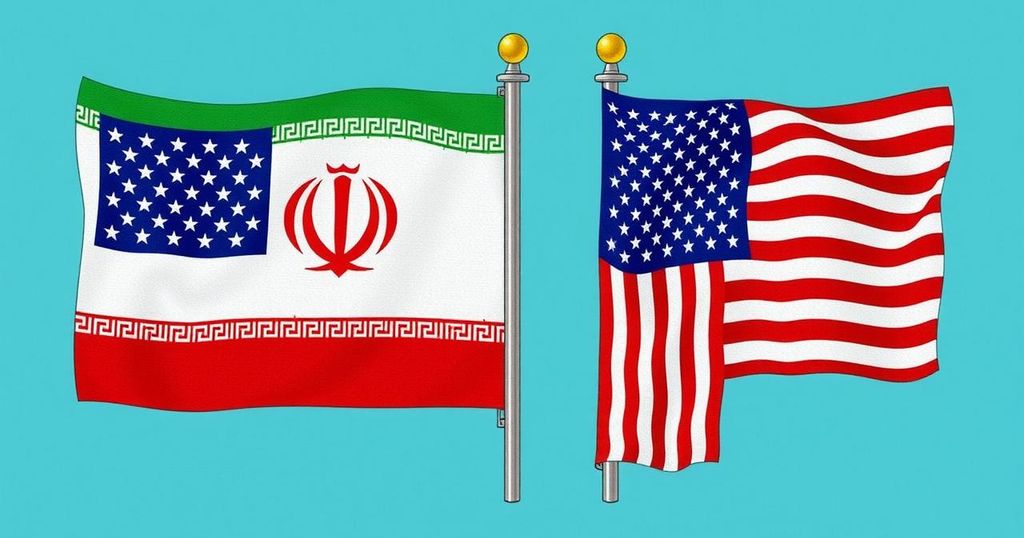Iran’s Foreign Minister Abbas Araghchi stated that Iran would not negotiate with the U.S. on its nuclear program until the U.S. returns to the JCPOA. Instead, Iran is engaged in discussions with European countries, China, and Russia. Ongoing negotiations aim to find ways to restart talks on the nuclear issue, highlighting Iran’s commitment to a peaceful nuclear agenda amid international tensions following the U.S. withdrawal from the JCPOA in 2018.
Iranian Foreign Minister Abbas Araghchi has declared that the country will not engage in discussions with the United States regarding its nuclear program until the U.S. returns to the Joint Comprehensive Plan of Action (JCPOA) or outlines its policies on this matter. Instead, Iran will pursue negotiations with European nations, as well as China and Russia. In recent discussions held with representatives from the UK, France, and Germany, as well as EU officials, the focus was on exploring pathways to renew dialogue about Iran’s nuclear activities.
Araghchi emphasized that Iran has consistently remained open to negotiations surrounding its nuclear intentions, affirming the peaceful objectives of its nuclear program. The JCPOA was established in 2015 among Iran, the five permanent members of the United Nations Security Council, and Germany, but was compromised when the previous U.S. administration withdrew in 2018. Since then, reinstating the agreement has been a focal point of international discussions, especially under the current U.S. administration, which has shown willingness towards reviving the deal.
The Iran nuclear deal, known as the JCPOA, was a significant diplomatic agreement aimed at preventing Iran from developing nuclear weapons capabilities in exchange for the lifting of economic sanctions. After the U.S. withdrawal from the agreement in 2018, Iran progressively resumed its nuclear activities, leading to heightened tensions. Ongoing negotiations involving multiple countries aim to restore the JCPOA and facilitate a diplomatic resolution to concerns surrounding Iran’s nuclear program. These discussions have been particularly complicated by differing positions on sanction relief and assurances of compliance from the United States.
In conclusion, the Iranian government has laid out clear preconditions for discussions concerning its nuclear program, insisting on U.S. compliance with the JCPOA as a prerequisite. The focus on multilateral negotiations with Europe, China, and Russia indicates Iran’s strategic approach in seeking to resolve the impasse while maintaining confidence in the peaceful nature of its nuclear endeavors. As efforts to restore the JCPOA continue, the dynamics between the involved nations will remain critical to achieving a viable agreement.
Original Source: en.mehrnews.com






